Para ver esta pagina en Español oprime aquí.
What is psychotherapy?
Psychotherapy is a process based on the dynamic dyad of a trusting relationship between a psychotherapist and a patient. Grounded in the dialogue maintained between the psychotherapist and the patient, this process employs psychotherapeutic principles, structure and technique aimed at helping patients recognize and understand the thinking that could be hindering them from being a more productive person as well as depriving them from a greater quality of life.
The Latin definition of patient refers to "one who suffers and longs for peace." Respectively, a psychotherapist endeavors to apply validated procedures to help the patient become more adaptive, healthier, balanced and at peace.
Psychotherapy VS Counseling
In essence, our duty of care parallels the expression "hold up a mirror to you.” Psychotherapy is not counseling. As psychotherapists we labor to help you see and understand yourself more clearly, not counseling you, but rather neutrally offer you a more sound perspective. A concise explanation is offered by About.com’s Depression Expert, Nancy Schimelpfening, in her article entitled: Counselor or Psychotherapist?: The Difference Between Counseling and Psychotherapy.
I will follow suit and strive to offer a perspective to guide you to develop healthier belief systems that will produce more effective habits. I am committed to always maintaining a neutral role with each patient and never condemn you, nor be judgmental of you. Ultimately, the outcome of one's life is a matter of personal choice, but I resolve to offer you a perspective with the potential for catalyzing positive change in your life.
What is family psychotherapy?
Family psychotherapy is the primary model of psychotherapy that I prescribe to. I am a proponent of the thought that problems begin within a context and, therefore, if they are to be resolved fully they are to be treated within the same context. Family psychotherapy is the means of truly comprehending and treating the root of the problem with all members of the family rather than with the individual. As my adage proclaims: “Remove the tree, you say? Well then, why prune when you can take it out by its roots?”
I embrace Systems Theory and Attachment Theory as my primary schools of thought. These theoretical models allow me to comprehend a patient’s thinking, emotions and maladaptive behaviors within the context of his or her family.
I am also proficient in the following theoretical frameworks and models: Structural Family Therapy; Existential Psychotherapy; Psychodynamic; Cognitive-Behavior Therapy; Interpersonal Neurobiology (IPBN) Therapy; substance abuse treatment; couples psychotherapy; child (play) therapy; Strategic Therapy and Solution-Focused Therapy.
Lastly, being a systemic thinker I make many efforts to collaborate with other systems from other disciplines to (psychology, medical, psychiatry) to help me assist in holistically understanding my patients.

